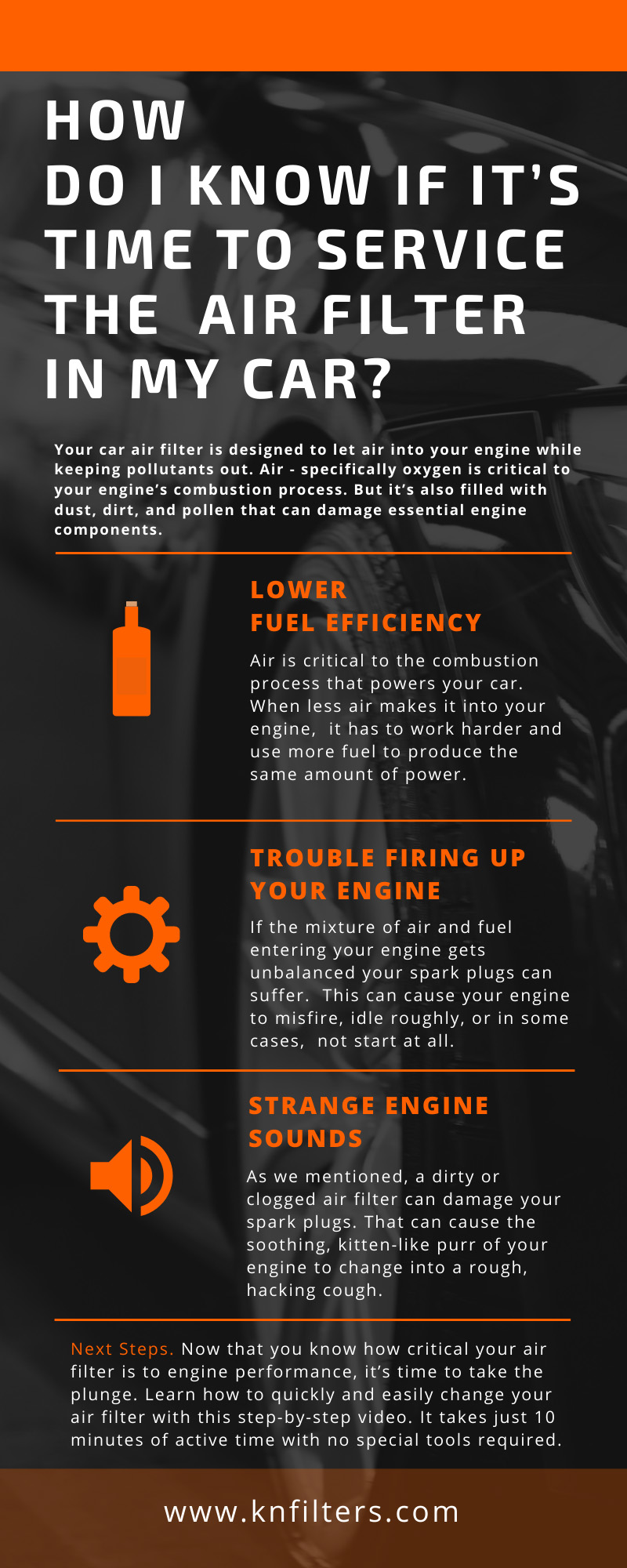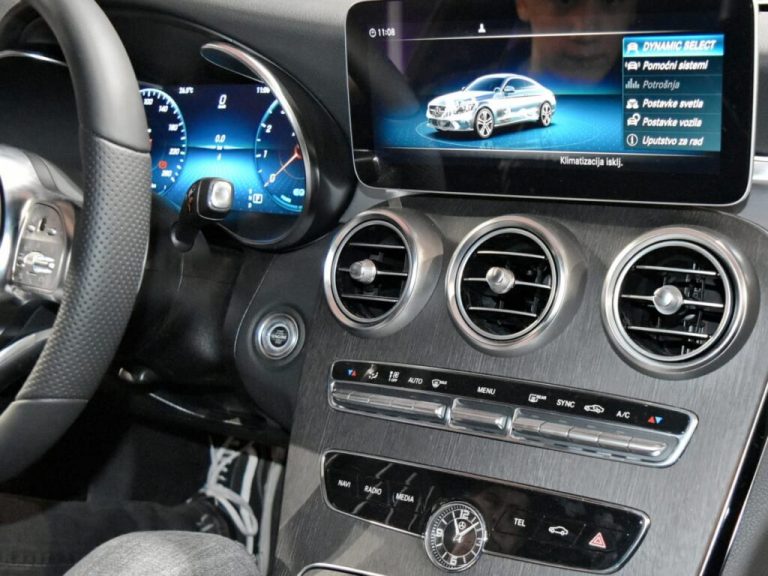

How Often Should You Change Your Car’s Cabin Air Filter? Maintaining a healthy and comfortable driving environment is crucial for both vehicle longevity and the well-being of its occupants. A vital component in achieving this is the cabin air filter, which acts as a crucial barrier against airborne contaminants, dust, pollen, and other pollutants. Understanding when to replace this essential component can save you money and ensure optimal vehicle function. This guide provides a comprehensive analysis of the factors that determine the optimal cabin air filter replacement interval, offering actionable insights and practical advice. This article is structured to address the issues related to air filter replacements, while also providing helpful insight into the potential problems that can arise from neglecting the upkeep of this important car part.
Understanding the Importance of Cabin Air Filters
The Unsung Hero of Indoor Air Quality
Cabin air filters are often overlooked, but they play a crucial role in maintaining a healthy and comfortable driving environment. They act as a barrier, trapping dust, pollen, allergens, and other airborne contaminants that could compromise the health of vehicle occupants. By removing these pollutants, the filters ensure cleaner, fresher air circulates throughout the vehicle’s interior. This is especially important for individuals with allergies, respiratory sensitivities, or young children. Neglecting the filter can lead to several issues, including compromised air quality, reduced airflow, and the potential for health problems. Furthermore, a dirty air filter can affect the performance of your car’s HVAC system, and contribute to premature wear and tear.
Determining the Optimal Replacement Frequency
Factors Affecting Air Filter Lifespan
The ideal time to replace your car’s cabin air filter is not a fixed schedule. It depends on various factors, most prominently, your driving habits and the environment you navigate. For instance, if you live in an area with high pollen counts or experience significant amounts of dust and dirt in your commute, your filter will need to be replaced more frequently than someone who drives infrequently in clean conditions. Factors like the overall cleanliness of the environment in your region, and the level of vehicle traffic you encounter, are also key determinants.
Interpreting Manufacturer Recommendations
Consulting Your Owner’s Manual
Your vehicle’s owner’s manual is a valuable resource for specific guidelines regarding cabin air filter replacement intervals. Manufacturers provide recommendations based on typical driving conditions, ensuring optimal air quality and minimizing filter-related issues. The frequency recommended may fall within a range, and factors like your region, driving habits, and the climate may influence the suggested timeframe. Always refer to the suggested maintenance schedule in your owner’s manual to establish a schedule suitable for your specific needs and driving environment. Following these guidelines can also help prevent your car’s warranty from being compromised.
Recognizing Signs of a Dirty Air Filter
Identifying Potential Problems
Recognizing the signs that your cabin air filter needs changing is crucial for maintaining a healthy environment. Symptoms include reduced airflow, unpleasant odors emanating from the vents, and a noticeable drop in overall air quality. You might also notice the air conditioner or heater not working as efficiently. If you experience these problems, consider having the filter replaced promptly to ensure consistent performance and prevent any further issues. In addition to these more obvious signs, a filter that is seriously clogged might also cause difficulty starting or turning the engine. In extreme cases, a very dirty cabin air filter might cause damage to the HVAC system, resulting in even greater repair costs.
Maintaining Optimal Air Quality
Implementing Prevention Strategies
Maintaining optimal air quality within your vehicle is essential for occupant health and vehicle performance. Proactively following the recommended maintenance schedule, using high-quality cabin air filters, and being aware of the signs of a clogged filter are all crucial steps in this process. Regular maintenance not only safeguards the health of vehicle occupants but can also extend the life of your vehicle’s components, including the HVAC system.
Advanced Considerations
Addressing Special Circumstances
Certain driving conditions and vehicle types may warrant more frequent air filter changes. For example, if you frequently drive in areas with high concentrations of pollutants, or have a vehicle with a particularly sensitive HVAC system, a more frequent filter replacement schedule might be advisable. Additionally, the type of filter and the vehicle’s make and model can impact maintenance requirements.
Maintenance Tips for Optimal Performance
Proactive Measures to Consider
Proactive measures to ensure smooth operation and longevity are key to maintaining the quality of your vehicle’s air filtration system. One simple measure involves regularly inspecting the filter for any visible signs of damage, such as holes or tears. If you observe any abnormalities, prompt replacement is essential. Using high-quality filters, and following the recommendations set forth by your vehicle’s manufacturer, can significantly extend the life of your air filtration system.
Cost-Effectiveness and Savings
Optimizing Replacement Scheduling
Prompt cabin air filter replacement can contribute to significant long-term cost savings. By avoiding the buildup of contaminants, you can keep the overall air quality inside your vehicle higher, reducing potential health risks. Furthermore, regular maintenance can prevent the system from failing prematurely, thereby minimizing unexpected repairs and associated costs.
Environmental Impact
Considering the Big Picture
Proper cabin air filter maintenance can also reduce the environmental impact of your vehicle’s operations. By preventing excessive pollutant buildup within the vehicle’s HVAC system, the overall health of the environment can be enhanced. Changing your cabin air filter on schedule can promote the well-being of the environment as well as your vehicle.
How often should you change your car’s cabin air filter? : The frequency of cabin air filter replacements varies significantly depending on driving habits and environmental conditions. Generally speaking, if you drive regularly, in dusty and heavily polluted areas, or have sensitive passengers who are frequently experiencing allergies or respiratory issues, you should aim for a change every 12 to 18 months. But it is a good idea to check your owner’s manual or refer to a trusted automotive expert for more tailored guidelines.
What are the signs that my cabin air filter needs changing?: Obvious signs include reduced airflow, musty or unusual odors coming from the vents, and a noticeable decrease in the vehicle’s overall air quality. If you experience these issues, consider a prompt replacement to restore optimal performance and prevent health concerns.
What are the potential consequences of not changing my cabin air filter regularly?: Neglecting regular filter changes can result in a decrease in overall air quality inside the vehicle, potentially affecting passenger comfort and even health. The filter acts as a vital barrier against pollutants, allergens, and dust, so its regular replacement is crucial for optimal vehicle performance and a safe and healthy environment for all occupants.
In conclusion, changing your car’s cabin air filter regularly is crucial for maintaining a healthy and comfortable driving environment. By understanding the signs of a dirty filter, adhering to the manufacturer’s recommendations, and using high-quality filters, you can significantly improve your vehicle’s performance and well-being. For more in-depth information, consult your car’s owner’s manual or contact a trusted mechanic. Now, take a quick look at the frequently asked questions about cabin air filter changes below, which may clear up any remaining questions you might have! Remember to schedule your next cabin air filter change and prioritize this crucial aspect of car maintenance.